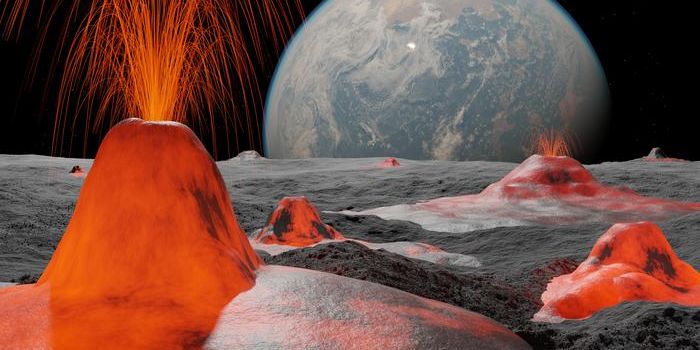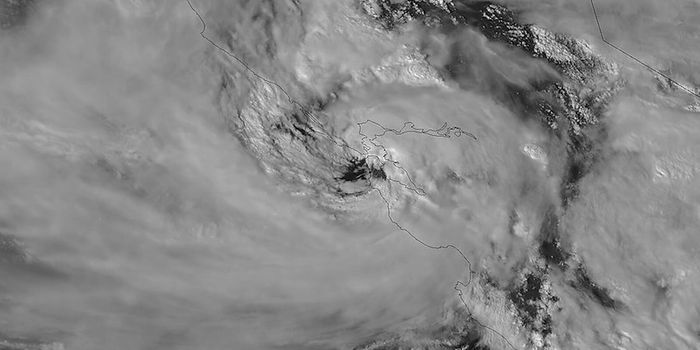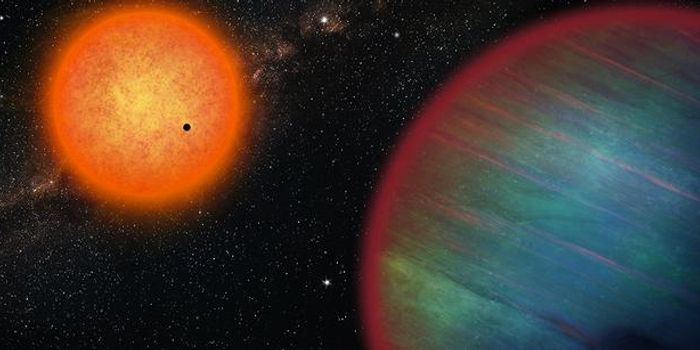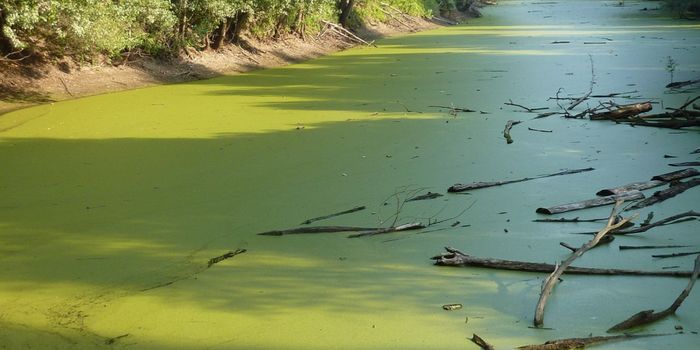Predicting ocean acidification five years in the future
Research published recently in Nature Communications offers a new tool to predict ocean acidity years in the future. While previous studies have been able to do this a few months out, this method could help fisheries forecast ocean acidification up to five years in the future in real-time in order to better adapt to changing conditions.
"We've taken a climate model and run it like you would have a weather forecast, essentially - and the model included ocean chemistry, which is extremely novel," reports Riley Brady, the lead author of the study and a doctoral candidate in the Department of Atmospheric and Oceanic Sciences at CU Boulder.
"Here, you've got physics, chemistry, and biology all connecting to create extremely profitable fisheries, from crabs all the way up to big fish," said Brady. "Making predictions of future environmental conditions one, two, or even three years out is remarkable because this is the kind of information that fisheries managers could utilize."
This study looked at the California Current System that goes from Baja California in Mexico up Canada and is responsible for a billion-dollar fisheries industry. Using historical forecasts from a climate model from the National Center for Atmospheric Research, the researchers developed a model to predict ocean acidity in the future. The urgency of this development is not unnoticed, say the researchers.
"Ocean acidification is proceeding at a rate 10 times faster today than any time in the last 55 million years. We expect people in communities who rely on the ocean ecosystem for fisheries, for tourism, and for food security to be affected by ocean acidification," said study co-author Nicole Lovenduski, associate professor in atmospheric and oceanic sciences.
"In the last decade, people have already found evidence of ocean acidification in the California current," concludes Brady. "It's here right now, and it's going to be here and ever-present in the next couple of decades."
Sources: Nature Communications, Eureka Alert








